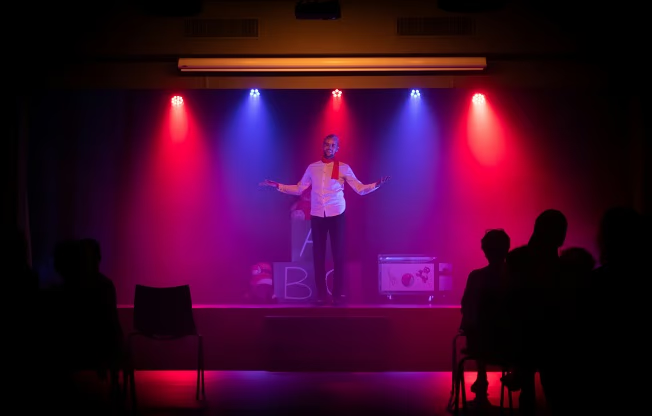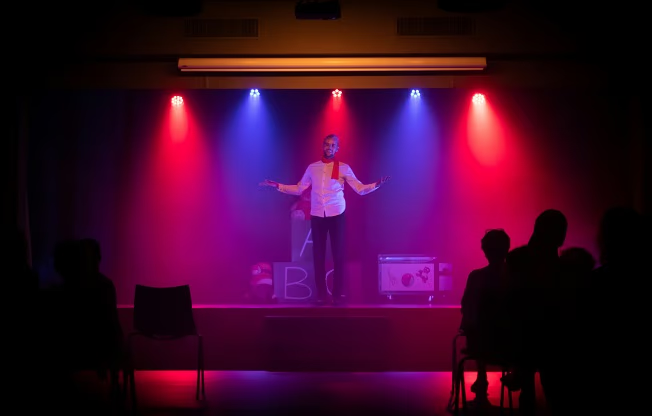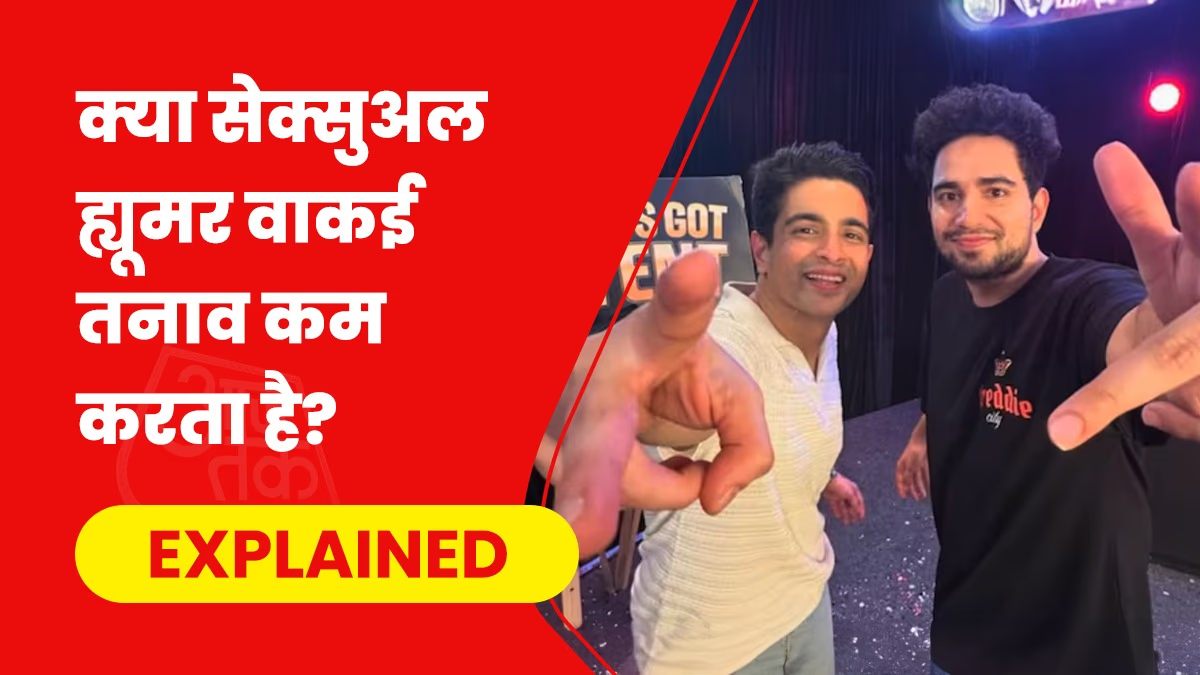The realm of psychology introduces us to the concept known as the Relief Theory. It suggests that people engage in conversations often considered forbidden in regular discourse. Unsurprisingly, discussions around taboo topics are disguised in layers of humor, particularly in the world of stand-up and modern comedy. Currently, YouTuber Ranveer Allahbadia is under scrutiny, facing legal action for lewd comments that sparked controversy.
Comedian Samay Raina's show, 'India's Got Talent', has been drawn into the spotlight due to Ranveer Allahbadia's inappropriate language addressing a contestant's parents, triggering official inquiries. While this incident undeniably pushed the boundaries of vulgarity, such mix of obscenity in comedy is often recognized and incorporated into psychological studies. The field offers several theories that advocate for humor as a medium to discuss restricted topics, a concept known as taboo humor.
The Origins: Early 20th Century Thoughts
Sigmund Freud, a pioneering psychologist, first touched upon the Relief Theory in 1905. In his book, 'Jokes and Their Relation to the Unconscious', Freud argued that laughter releases psychic energy stored in the brain. Society often deems certain topics as inappropriate for discussion, yet through comedy, these ideas find expression, alleviating tension and inducing a lighter mental state.

Source: aajtak
Forbidden subjects can range from sexual themes to social inequalities. Ethical constraints prevent open dialogue on these topics, confining them to our thoughts. Yet, humor serves as an unfastening mechanism for the subconscious mind, offering comfort. This is why sexual or dark humor is perceived to be so potent.
The Science Behind It
Beyond psychology lies a mix of science. When we laugh at a sexual joke, the brain releases hormones like dopamine, endorphins, and oxytocin - the 'feel-good' chemicals that reduce stress. This reaction activates the brain's pre-frontal cortex, directly tied to the reward system. A study published in the 2017 psychological journal 'Evolutionary Psychology' suggested that dark humor can draw people closer together.
In essence, this type of comedy offers a safe rebellion, discussing restricted topics without harming personal reputations.
For decades, such comedy has woven itself into social traditions, from wedding ceremonies featuring songs that inject enjoyable obsceneness into the festive mood, to shock value that surprises and amuses simultaneously.

Source: aajtak
Why Do We Laugh?
Comedy surrounding sexual content fundamentally operates on the Relief Theory. To understand it better, consider the domestic analogy of a pressure cooker. If the safety valve fails amidst cooking, the excess steam could lead to an explosion, akin to the brain's handling of repressed subjects. The lack of a pressure release can lead to growing distress. Comedy, in this scenario, plays the role of a safety valve, preventing an explosion of confined thoughts.
The Acceptance of Bold Content
The roots of comedy built around sexual content can be traced back to the United States, notably during the 1970s. While humor then was not as daring, it departed from primarily family-oriented themes, occasionally peppering in explicitness. It wasn't until the 1990s that this humor went mainstream. With the advent of OTT platforms, no-filter comedy emerged, often testing the tolerance limits of its audience. Similar trends surfaced in our society through stand-up comedy, pushing boundaries with content occasionally deemed indecent, as seen in the Ranveer Allahbadia case.
Calls for Censorship?
Presently, there is no formal censorship specifically targeting stand-up comedy or related shows in the country, though certain legal provisions exist, like IT Act Section 67, which penalizes online posting of obscene content. Jokes perceived as anti-religious, racial, or offensive towards women can also invite legal challenges. However, the Central Board of Film Certification (CBFC) holds no sway over stand-up or live events.




